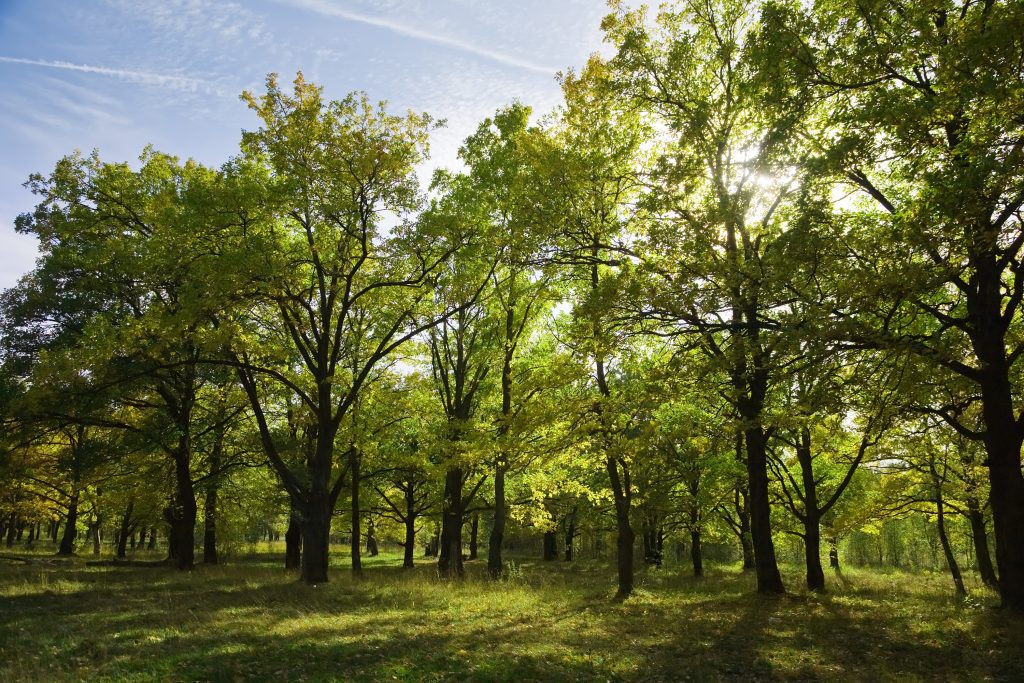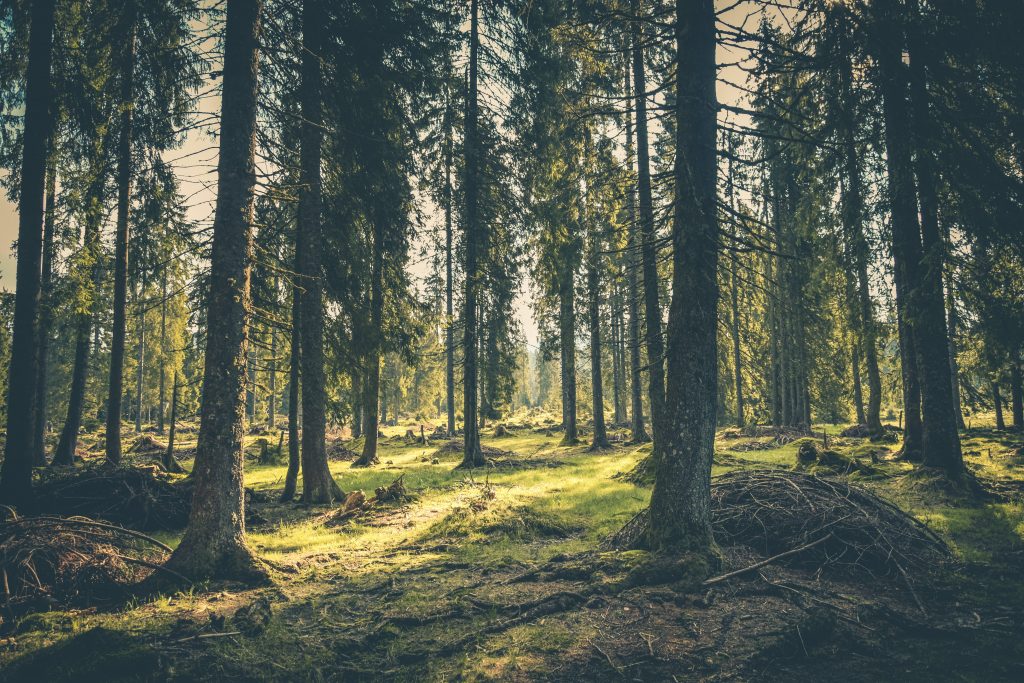Trees play a crucial role in improving soil organic matter decomposition through various scientific mechanisms. Here are some key ways in which trees contribute to this process:

By promoting the decomposition of organic matter, trees contribute to the nutrient cycling and fertility of the soil. The organic matter decomposition process releases essential nutrients that become available to plants, supporting their growth and overall ecosystem productivity.
It’s important to note that the specific mechanisms and rates of organic matter decomposition can vary depending on tree species, soil conditions, climate, and other environmental factors. However, the overall contribution of trees to soil organic matter decomposition is well-established and underscores their importance in maintaining healthy and productive ecosystems.
Besides soil erosion, soil quality is another issue facing agriculture in India today. For example, according to Rattan Lal, President of the International Union of Soil Science, the carbon content of top soil in Punjab, Haryana and Uttar Pradesh — the granary of the country – is a mere 0.05%. Healthy soil is expected to have 2% carbon content.
Forests contribute in soil formation through physical, biological and chemical weathering of the parent rock materials and also through the addition of foliage and its subsequent decomposition. It is well-known that trees help improve soil fertility. Studies show that compared to farms in which only crops are cultivated, when trees are also grown, crop production increased to 200% or more in two-thirds of cases. Increasing the soil’s organic content also increases the amount of water that soil can hold. For every 1% increase in the soil organic content, the soil can hold an additional 60,000 liters per acre.
Science knows very little about soil. Centuries ago, Leornado Da Vinci is supposed to have said: “We know more about the movement of celestial bodies than about the soil underfoot.” That still holds true today. According to the Atlantic: “There can be 10,000 to 50,000 species in less than a teaspoon of soil. In that same teaspoon of soil, there are more microbes than there are people on the earth. In a handful of healthy soil, there is more biodiversity in just the bacterial community than you will find in all the animals of the Amazon basin.”
What little we know about soil and its interaction with trees and the rest of the ecosystem is just the tip of the iceberg. We know for instance that some species of trees provide habitat for bacteria and fungi in their root structure. These organisms perform nitrogen fixation, which is a significant factor in soil fertility.
Trees also recycle nutrients by pulling them up from deeper layers of the ground and bringing them up to the surface through the decomposition of leaf and plant litter to form soil organic matter. Tree canopies also trap some amounts of nutrient from the atmosphere, a source of free fertilizer which is washed from the leaves to the soil by rain.
No Ploughing Recommendation: No-till agriculture, where seeds are directly inserted into the soil, is considered to be supportive to soil biodiversity. No-till results in more organic matter in soil and less erosion, which means more fertility, less fertilizer, and higher yields.
Ploughing reduces a farm’s long-term productivity by exposing the organic-matter-rich topsoil to the surface. This creates fluctuations in soil moisture and temperature, which many soil organisms cannot handle. Tilling also reduces the pores in soil, which would otherwise have allowed water to infiltrate the soil and recharge groundwater.
For example, the number of earthworms per square meter varied between 119 in ploughed land and 160 in no-till land. Earthworms are an important component of the sub-surface soil ecosystem and play an important role in adding nutrient to soil. Tilling also affects certain fungi in the soil that form beneficial symbiotic relationships with plants – receiving sugars from plants and supplying them with nutrients such as phosphorus and nitrogen.
WHY IS MULCH IMPORTANT TO YOUR PLANTS AND SOIL
When you have plants of flowers, vegetables, shrubs, and trees a lot of beginners to gardening do not realize how crucial the use of mulch is to the survival of the plants. No matter what type of garden you have whether it is a container, vegetable, flower gardens or shrubs and trees it is a must to have mulch and it will help in several ways.

Many sorts of mulch add another layer of good looks and quality to your garden beds too. On the market now nurseries have safe colored mulch that will enhance the looks of your garden. For the benefit of the plants though try to use mulch that is made from local items shredded up like wood from trees and bushes growing in your area.
There is an ample assortment of materials which can be used for mulching your garden.
Though traditionally, most mulches were made to both shield from danger the plants and flowers while feeding and improving the soil. Mulching permits you to rehash nature’s products to better your garden, really nothing is wasted, and in the action, your garden will appear greener and more healthy.
[geocentric_weather id=”45ff4ccd-3d3f-498e-b0b9-91aaaf766bc4″]
[geocentric_about id=”45ff4ccd-3d3f-498e-b0b9-91aaaf766bc4″]
[geocentric_neighborhoods id=”45ff4ccd-3d3f-498e-b0b9-91aaaf766bc4″]
[geocentric_thingstodo id=”45ff4ccd-3d3f-498e-b0b9-91aaaf766bc4″]
[geocentric_busstops id=”45ff4ccd-3d3f-498e-b0b9-91aaaf766bc4″]
[geocentric_mapembed id=”45ff4ccd-3d3f-498e-b0b9-91aaaf766bc4″]
[geocentric_drivingdirections id=”45ff4ccd-3d3f-498e-b0b9-91aaaf766bc4″]
[geocentric_reviews id=”45ff4ccd-3d3f-498e-b0b9-91aaaf766bc4″]